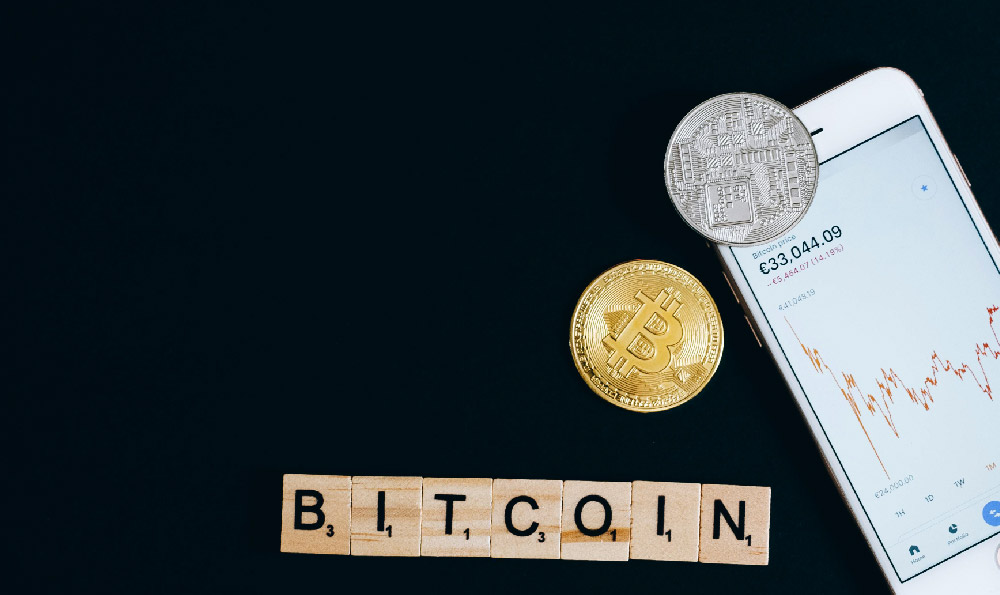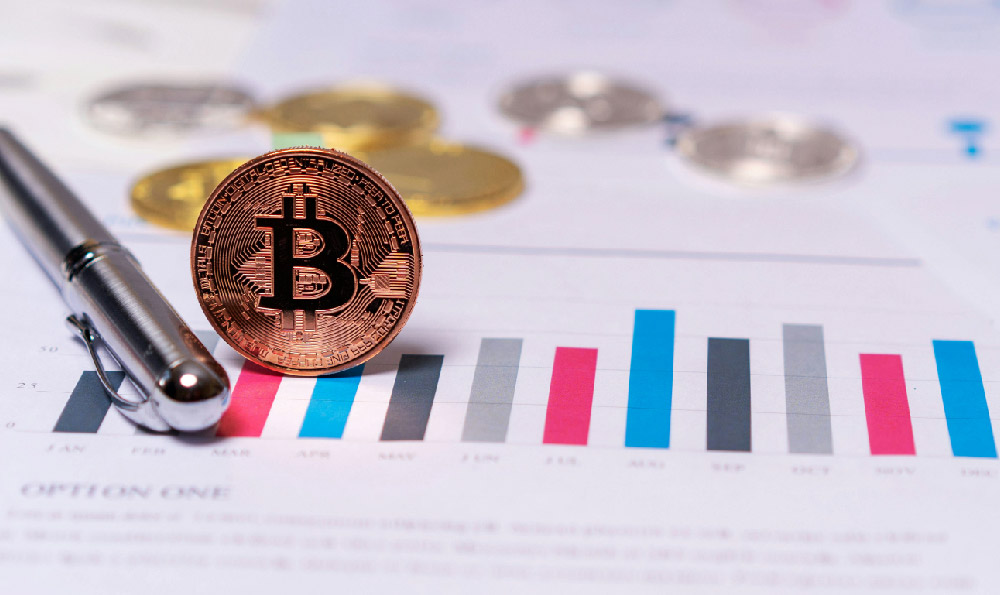Okay, here's an article addressing the question of Jeff Bezos's earnings and per-second income, aiming for comprehensive coverage and avoiding a bullet-point structure.
How Much Does Jeff Bezos Earn? What's His Per-Second Income?
Figuring out the precise earnings of someone like Jeff Bezos is a complex undertaking, far beyond simply looking at a salary slip. His wealth isn't primarily derived from a traditional paycheck, but rather from the ownership of assets, particularly shares in Amazon, the company he founded. Therefore, when discussing "earnings," we're often referring to the increase in his net worth over a specific period, which can fluctuate wildly based on market conditions and company performance. To even attempt to estimate his income, we have to unpack several different components.

Let’s start with the basics. Bezos did receive a salary from Amazon. However, this was surprisingly modest compared to the overall wealth he accumulated. For many years, his annual salary was reported to be around $81,840. This figure remained unchanged for a considerable period. This is a strategic move often employed by high-net-worth individuals and executives of publicly traded companies. The purpose isn't necessarily about reducing their personal income tax burden directly, although that can be a side benefit, but more about aligning their interests with the long-term growth of the company and demonstrating confidence in the company's stock performance. Instead of taking a large salary, which would be taxed at ordinary income rates, executives focus on increasing the value of their stock holdings, which are taxed at lower capital gains rates when sold (and not taxed at all until they are sold).
Beyond the relatively small salary, Bezos also received other forms of compensation, including security and travel expenses. However, even these benefits pale in comparison to the real driver of his wealth: Amazon stock.
The bulk of Bezos's fortune stems from his ownership stake in Amazon. As the company's largest shareholder for many years, even slight increases in Amazon's stock price resulted in massive gains in his net worth. Calculating these gains requires looking at the change in Amazon's stock price over a given period, multiplied by the number of shares he owned during that period. This is where things get truly astronomical.
For example, if Amazon's stock price increased by $100 in a year, and Bezos owned, say, 50 million shares (a simplified example, as his holdings changed over time), his net worth would have increased by $5 billion that year alone just from that stock price increase. This is a vastly different figure from his salary.
Now, let's tackle the "per-second income" question. This is more of a thought experiment than a precise calculation, but it's useful for illustrating the scale of Bezos's wealth accumulation. To arrive at an estimate, we need to:
- Determine a timeframe: Let's use a year as our timeframe.
- Calculate the total increase in net worth during that year: This is the tricky part, as it requires access to real-time financial data and knowledge of his asset holdings. For illustrative purposes, let's assume his net worth increased by $9 billion in a year (this figure is purely hypothetical and used for demonstration).
- Calculate the number of seconds in a year: There are 365 days in a year, 24 hours in a day, 60 minutes in an hour, and 60 seconds in a minute, totaling 31,536,000 seconds.
- Divide the total increase in net worth by the number of seconds: $9,000,000,000 / 31,536,000 = approximately $285.36 per second.
Therefore, under this hypothetical scenario, Bezos could have been "earning" roughly $285 per second. It's important to re-emphasize that this is a highly simplified calculation based on hypothetical net worth increase. Real-world fluctuations in stock prices and other assets make the actual figure incredibly dynamic. Furthermore, this doesn't represent cash in hand; it represents an increase in the value of his assets.
It’s vital to also remember that these are simply estimates. Privacy concerns and complex financial arrangements make it impossible to know exactly how much Bezos "earns" in a traditional sense. Moreover, the fluctuating nature of the stock market means these figures are constantly changing. A single news event or economic shift can significantly impact Amazon's stock price and, consequently, Bezos's net worth.
Another critical factor to consider is taxation. While his net worth might increase dramatically, he doesn't necessarily pay income tax on the full amount of that increase unless he sells his shares. When he does sell shares, the profit is taxed at the capital gains rate, which is typically lower than the ordinary income tax rate. This is a significant distinction.
Finally, it's essential to approach these figures with a critical perspective. While it's fascinating to contemplate the magnitude of Bezos's wealth, these numbers represent more than just personal income. They reflect the success of a company that employs hundreds of thousands of people and has a profound impact on the global economy. The concentration of wealth at this level also raises important questions about economic inequality and the distribution of resources, prompting ongoing debates about taxation, philanthropy, and corporate responsibility. The story of Bezos's wealth, therefore, is inextricably linked to broader economic and social considerations.
In conclusion, while we can estimate Bezos's per-second increase in net worth based on market fluctuations and his stock holdings, it's crucial to remember that this is a far cry from a traditional salary. It reflects the complex interplay of asset ownership, market dynamics, and the overall performance of Amazon, a global behemoth.











